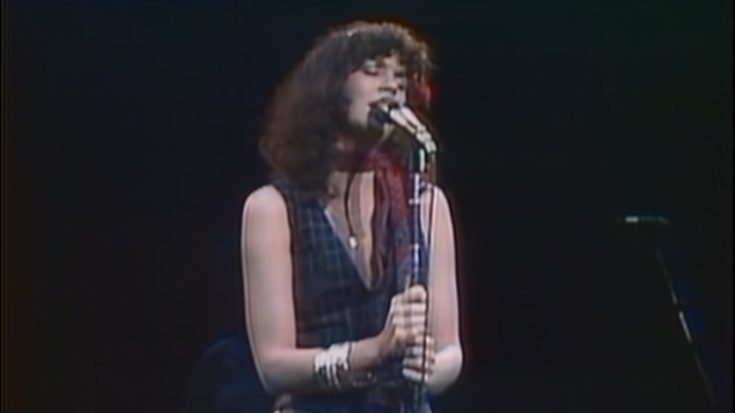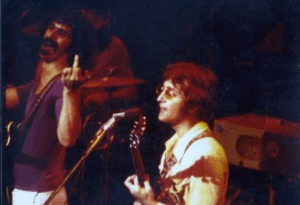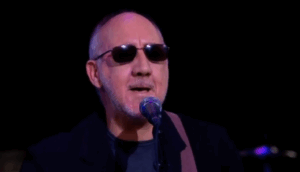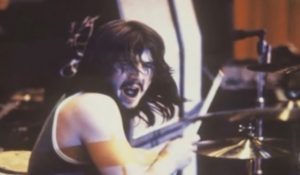Linda Ronstadt Got Fans Confused Because Of Her 1970s Music Statement

Linda Ronstadt - Linda Ronstadt / YouTube
In the early 1970s, Linda Ronstadt was quickly becoming one of the most recognizable voices in music. With the release of her second solo album Silk Purse, she was carving out her place in the industry with a blend of folk, rock, and country. But just as her career was taking off, she made a statement that left fans scratching their heads.
During a 1970 interview with Country Song Roundup, Ronstadt was asked what she enjoyed most about her musical journey. Her response was startling. “I hate music,” she said bluntly, going on to describe her time on stage as some of the “most miserable hours” she had ever spent. It was a sharp contrast to her rising popularity and the emotional performances fans had grown to admire.
Still, her words weren’t entirely negative. She clarified that while the lows were difficult, the highs were exhilarating. “I’ve also spent my best [hours]” on stage, she admitted. Her experience with music wasn’t simply one-sided—it was extreme on both ends, a balance of creative joy and personal struggle.
View this post on Instagram
Contradictions and Creative Pressure
Ronstadt’s comments weren’t just attention-grabbing—they reflected the emotional turbulence many artists face behind the scenes. She explained that her relationship with music was a double-edged sword. Some recording sessions felt magical, while others were emotionally draining. The pressure to capture something real could sometimes be overwhelming.
“I just couldn’t wait to get home and put a bullet in my brain,” she said about the worst of those sessions—a statement that showed just how heavy the weight of her career could feel at times. This wasn’t a casual complaint; it was an honest, unfiltered glimpse into her emotional world during the creative process.
At a time when fans were embracing her as a new musical force, her remarks brought out a vulnerable side that many didn’t expect. Instead of basking in fame, she struggled with the emotional demands of the craft. Her confession humanized her—making it clear that success didn’t shield her from inner conflict.
Her Love-Hate Relationship With Performing
Despite her harsh words about music, Ronstadt did find a silver lining: live performing. “I think the best of the best is performing,” she said. The energy of a real audience gave her something studio recordings and television appearances never could. There was a sense of genuine connection she valued.
She criticized TV performances as sterile and disconnected. “Television is like a laboratory condition… we’re pretending to communicate,” she explained. For her, it was hard to feel authenticity through a camera lens. She preferred the rawness and unpredictability of live shows.
This distinction gave more context to her original quote. Ronstadt didn’t hate all music—she hated the artificial parts of the industry. She thrived in moments that felt real and expressive. Her frustrations weren’t rooted in the music itself, but in how it was sometimes packaged and presented.
View this post on Instagram
Doubts About Her Own Voice
Another surprising aspect of the interview was how Ronstadt viewed her own voice. Despite being praised for her vocal talent, she admitted, “I hate them all,” when asked if she had a favorite record. She didn’t like the sound of her voice on recordings, which often left her feeling disappointed.
She explained that something always seemed to “fall apart” during the recording process—whether it was a track she didn’t like, a missed phrasing, or a tone that bothered her. These imperfections loomed large in her mind and made it hard for her to enjoy playback of her own work.
Live performances were the one place she could accept her voice. “Then I don’t mind,” she said, referencing the in-the-moment nature of singing on stage. For Linda Ronstadt, music was a deeply personal, emotionally complicated journey—one that fans may not have fully understood at the time, but one that made her artistry all the more powerful.











